- Free Article: No
- Contents Category: Books of the Year
- Review Article: Yes
- Article Title: Books of the Year 2001
- Online Only: No
- Custom Highlight Text:
Don Anderson
Donald Home’s Looking for Leadership: Australia in the Howard Years (Viking) gives us an octogenarian social commentator in youthful form. Unlike our leaders, Home translates difficult ideas into something with connections to human lives. John Forbes’s Collected Poems (Brandl & Schlesinger) is an invaluable collection of work by a major poet – Sydney’s finest since Slessor. Southerly (edited by David Brooks and Noel Rowe) is a senior citizen reborn. Decades ago, an eminent Catholic historian described Southerly as ‘the undertakers’ journal’. It is now firmly in the land of the living, and balances scholarly essays, matters of record, and imaginative literature.
Robert Dessaix
Richard Flanagan’s Gould’s Book of Fish (Picador) is a bravura performance. The richness of Flanagan’s imagination, combined with linguistic acrobatics and complex themes (from the post-colonial to the nature of innocence), is almost overwhelming. Abdulrazak Gurnah’s novel By the Sea (Bloomsbury) is just as impressive, but for different reasons: more a sonata than a symphony, it is an elegantly woven tapestry of stories about Zanzibari immigrants in – about families, betrayal, reconciliation and colonial history. The New Zealand writer Peter Wells’s Long Loop Home (Vintage), one of the most moving and sophisticated autobiographies I’ve read, is about the same things – and much more. The ‘I’ is just a prism, as it should be, a brilliant point of refraction.
Delia Falconer
Sadly, Peter Carey’s True Story of the Kelly Gang (UQP) and Frank Moorhouse’s Dark Palace (Random House) will now be linked forever in literary folklore. While Carey’s prose style is staggeringly good, Moorhouse’s book is, for my money, the better novel: in the sympathetic breadth of its imagination, its characterisation, and its history. These qualities also define Meaghan Delahunt’s debut novel In the Blue House (Bloomsbury), another treat the intertwining stories and voices that thread themselves around Frida Kahlo’s affair with Leon Trostky in Mexico constitute an intelligent, tender and elegiac attempt to come to terms with the failed dream of Marxism. My surprise discovery of 2001 was the New Zealand novelist Lloyd Jones’s stunning half-prose, half-verse novel The Book of Fame (Penguin).
Morag Fraser
Paul Durcan’s plangent, full-bodied Irish lyrics skim around the world. His new Cries of an Irish Caveman (Harvill) opens on Bondi Beach (where Duncan nearly drowned), remembers the doomed Russian Kursk (in ‘The Neighbour’), and doesn’t climb Uluru – but gets a poem anyway. A master of deft juxtaposition, Duncan is more satisfying than a mouthful of Christmas pud. Robert Putnam’s aptly titled Bowling Alone: The Collapse and Revival of American Community (Simon & Schuster) is the book Osama bin Laden won’t read but many Americans have and more should. Sane analysis, sound prescription, and witty to boot – a landmark. David and Gerda Forster’s A Year of Slow Food (Duffy & Snellgrove) is a secular Australian book of hours – sane, sardonic and a treat to read. More Australian novelists should grow tomatoes.
Kerryn Goldsworthy
This year’s highlights for me have been three Australian books full of colour and passion. Meaghan Delahunt’s In the Blue House (Bloomsbury) is about Frida Kahlo and Trotsky, so could easily have been awful, but is quite the opposite. Venere Armanno’s The Volcano (Random House) is about an impassioned Sicilian immigrant looking for a better life in post-war Brisbane. Both novels are distinguished by their broad international perspective, their arresting subject matter and their irresistible writing. Biggest surprise: Charmian Clift’s Selected Essays (HarperCollins). I knew she was good, but I had no idea she was that good that consistently for that long, or so far ahead of her time.
Peter Goldsworthy
Philip Roth’s The Human Stain (Vintage) was the most memorable novel I read this year, far more morally complex than most of the cartoons we read, and simultaneously a joyous prose-ride. Wondering about J.M. Coetzee’s incipient migration from South Africa to live in Adelaide, I thought I should read his memoir Boyhood (Vintage), a book as simply written as his novels, but with a plangency that builds behind the plain transparency of the prose. Lastly, Geoffrey Blainey’s A Short History of the World (Viking), for its ambition, its extra-European vistas, particularly of Chinese history, its sub-histories of foods and dyes and navigation, and its clever incorporation of those biological determinisms first popularised by Jared Diamond in Guns, Germs and Steel.
Evelyn Juers
The Wandering Jews (Granta), the latest in a series of excellent translations from German by Michael Hofmann of recently rediscovered masterpieces by the novelist and literary journalist Joseph Roth (1894–1939), is a miniature epic of twentieth-century itinerants and exiles; it remains acutely relevant. Marie Darrieussecq’s Breathing Underwater (Faber & Faber), translated from the French by Linda Coverdale, is a superbly paced, suspenseful stream-of-consciousness narrative about a mother and child who go for a drive. For surprises, connoisseurs of the memoir must add Doris Brett’s Eating the Underworld: A Memoir in Three Voices (Vintage) to their list, and lovers of the short story must keep Mandy Sayer’s 15 Kinds of Desire (Vintage) by their bedside.
Patrick Mccaughey
Andrew Sayers’s Australian Art, in OUP’s excellent and extensive Oxford History of Art series, provides a bracing survey of familiar terrain. Full marks go for giving ‘equal time’ to the achievement of Aboriginal art and the art of white settlement. Ron Radford, the indefatigable Director of the Art Gallery of South Australia, has produced a lavish and challenging catalogue/book, Our Country: Australian Federation Landscapes 1900–14. It reconstructs and re-values an overlooked period. Late Mccubbin is the presiding genius; Heysen, the hero; and even thou O Lister Lister shall be lifted up. Hilary McPhee’s Other People’s Words (Picador), the vivid and instructive memoir by the stylish publisher of the 1970s and 1980s, pits Strong and Good Australian Women against Perfidious Albion, a contest sadly without winners.
Brian Matthews
By turns saturnine, moving and profound, Helen Garner’s The Feel of Steel (Picador) has the effortlessly lateral quality of the Orwellian essay and the ‘window pane’ prose to match. Peter Rose’s Rose Boys (Allen & Unwin) is a stunning anatomy of varieties of pain, in which love and selflessness produce as much of a triumph as insupportable tragedy will allow. Rodney Hall’s The Day We Had Hitler Home (Picador) is surprising because of its potentially unmanageable imaginative underpinning. Narrated with great energy and wit by the ‘eighteenyear-old child’ of a dysfunctional family, this adventurous interweaving of history and imagination is a joy to read.
Brenda Niall
A Steady Storm of Correspondence: Selected Letters of Gwen Harwood, edited by Gregory Kratzmann (UQP). Harwood’s letters to friends make an absorbing life story of a poet, told with candour, wit and warmth. Emotional strength and narrative skill characterise Rose Boys by Peter Rose (Allen & Unwin), a brother’s story of a brilliant athlete and member of a famous sporting family, who survived a car accident to live twenty-five years as a quadriplegic. A Trick of the Light by historian Carolyn Polizzotto (FACP) is my 2001 surprise. This fine memoir traces the shadow on the baby-boomer generation whose damaged fathers could never tell their stories of war.
Allan Patience
Peter Carey’s True History of the Kelly Gang (UQP) is an unflinching exhumation of the darkness and evil in Australia’s hard culture. It’s what it says about us today, not simply the Kelly gang, that makes this novel so powerful and unnerving. I found Robert Dessaix’s Corfu (Picador) a fastidious collation of cut-crystal sentences such as ‘she was knifed to death by an Italian anarchist. Just a tiny puncture with a stiletto – she hardly bled a drop.’ My biggest surprise was Martin Crotty’s Making the Australian Male: Middle-Class Masculinity 1870–1920 (MUP) which is ground-breaking history pointing towards why gender theorists continue to underestimate the terrible struggle of becoming an Australian male.
Peter Porter
With only three books to nominate, I think it best to stick to my own area, so I have selected from volumes of poetry issues in the past twelve months. One is English, one Australian, and the third comes from the greatest Anglo-American poet of the century. Half moral songbook and half rolling apocalypse, Sean O’Brien’s Downriver (Picador UK), his fifth collection, is the finest book of verse published in Britain this year. Pure pleasure, laced with indignation. Next is Sun Shadow, Moon Shadow, by J.S. Harry (Vagabond Press). Witty, apposite, sardonic, inventive, playful, beautifully written, quite nasty to chosen subjects – Harry shows us how to do it. It justifies in itself the existence of little presses and booklet-and-pamphlet publication. My Surprise of the Year is Reflections on Shakespeare by W.H. Auden (Faber). Based on notes taken by students, friends and amanuenses, these lectures on all of Shakespeare’s plays were given by Auden in New York in 1946–47. Brilliant, weird and very intelligent, they nevertheless are a shock. His readings are often utterly bizarre, and hardly seem to be about Shakespeare, but end up far more rewarding than anyone else’s.
Andrew Riemer
A Steady Storm of Correspondence, Gregory Kratzmann’s generous selection of Gwen Harwood’s letters (UQP) is the most pleasing and absorbing Australian book I read this year.
John Carroll’s The Western Dreaming (HarperCollins) proved to be the strangest and the most challenging. And the surprise? For me it was Plateforme (Flammarion), the latest work of scandalous French writer Michel Houellebecq, the author of Atomised, an astonishing diatribe against the decadence of Western society and the ideological fury of Islamic fundamentalists, ending with a terrorist outrage, which was published in Paris in the first week of September. An English version cannot be far away.
Chris Wallace-Crabbe
Overshadowed perhaps by Peter Carey’s year, this was, for me, a time of non-fiction. I was particularly taken with Guy Rundle’s The Opportunist: John Howard and the Triumph of Reaction (Black Inc.). Here the author curbs his familiar wit for subtle, incisive analysis of a politician’s self-invention. Deeply moving for me was Doris Brett’s Eating the Underworld: A Memoir in Three Voices (Vintage), an intriguing collagememoir which memorably recounts her double battle with cancer. Another work that dealt with pain, this time seamlessly, was Peter Rose’s beautiful Rose Boys (Allen & Unwin), which turns above all on the terrible blow which fate dealt to his sporting brother.


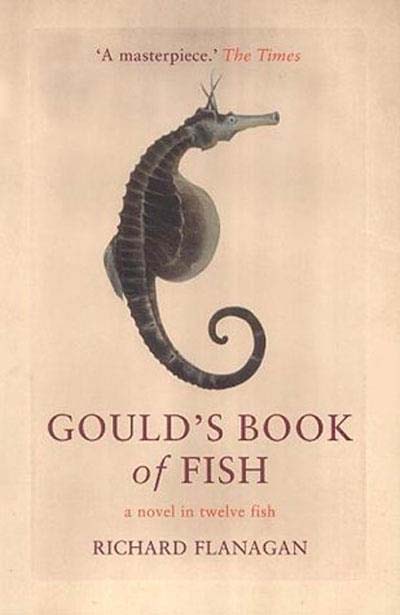
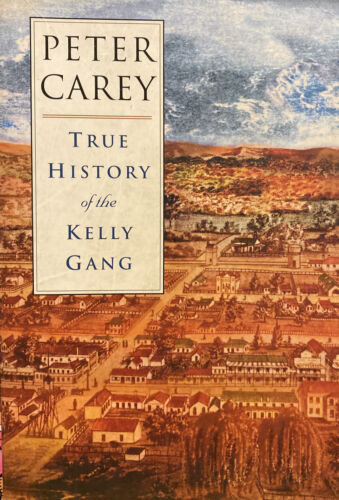
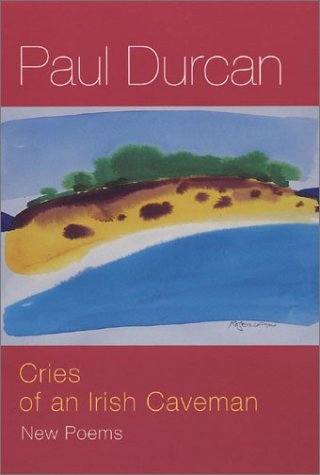
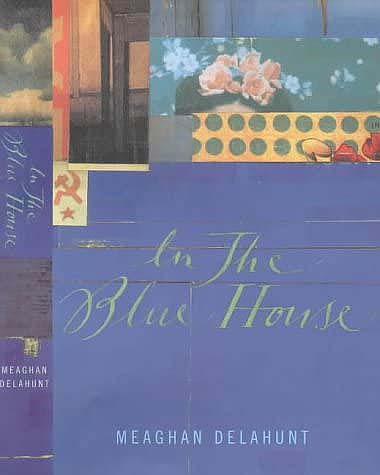
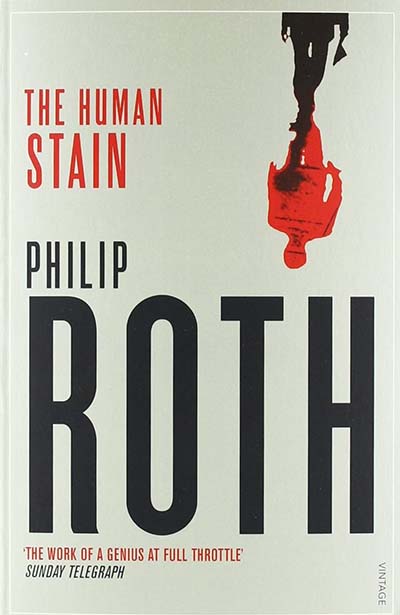
.jpg)
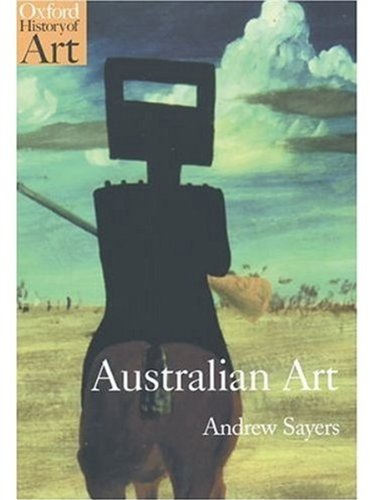
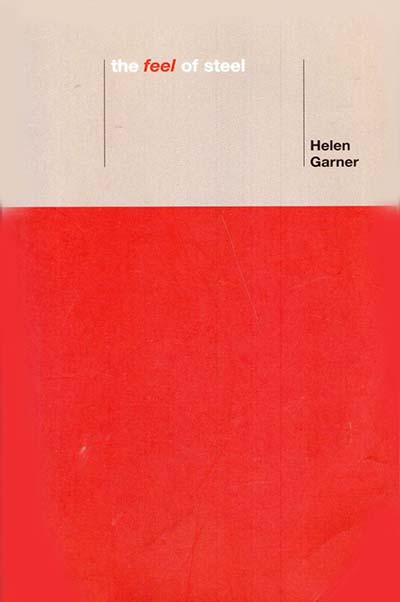
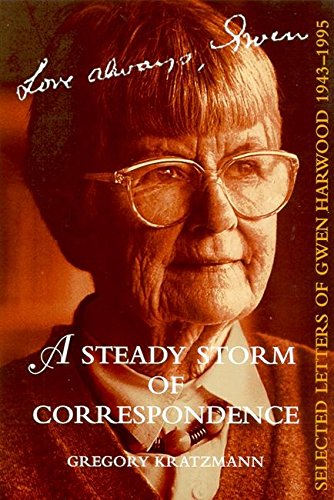
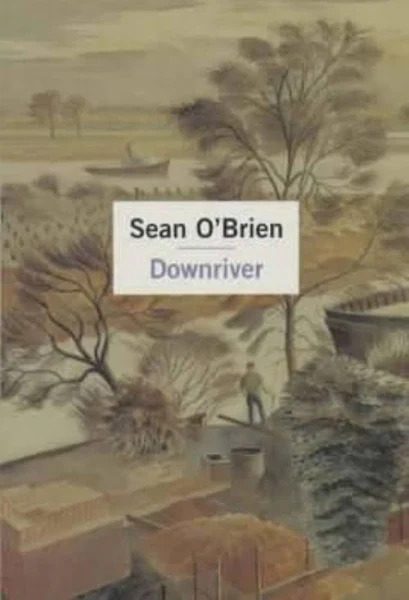
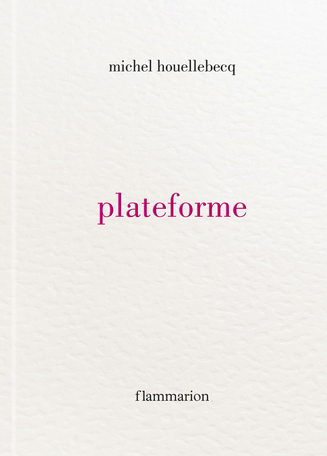
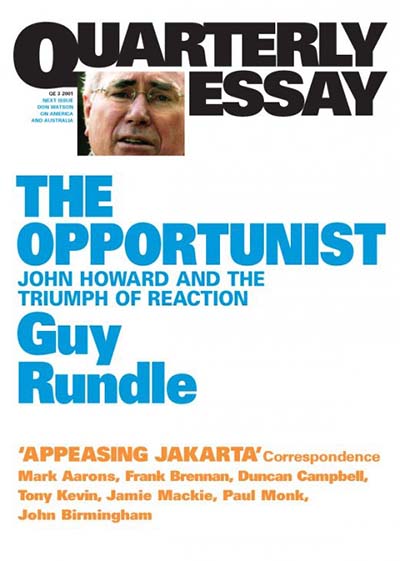
Comments powered by CComment